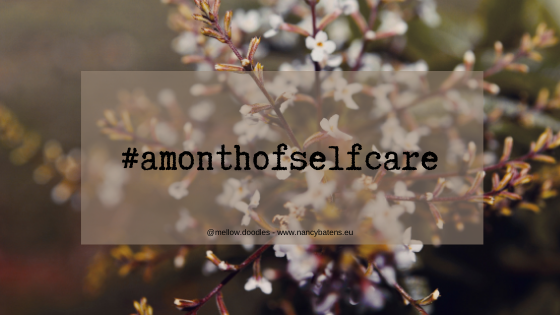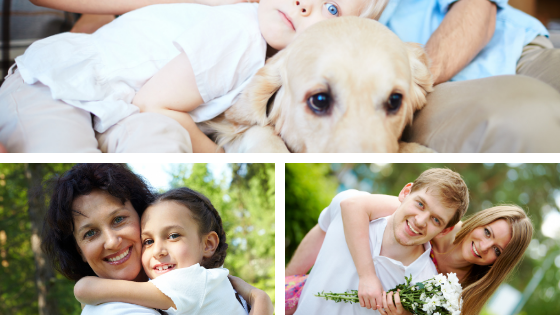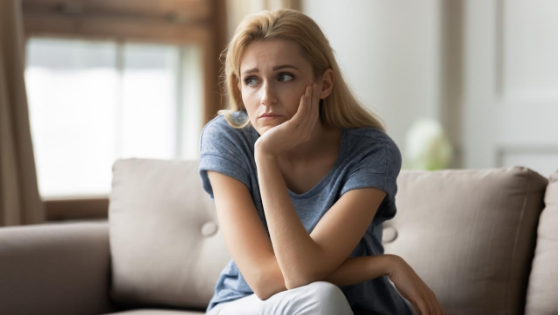Last Friday it was announced that as from Sunday midnight, Belgium would go into lockdown 2.
I think we can all agree that:
- The past 7 months have not been easy for many of us (and very hard for some)
- This lockdown is expected to be ‘harder’ because of the fact that the days are shorter, and the weather might not be so nice
- Since this has been going on for a while and it’s clear that it’s not going to go away any time soon, people can do with something positive.
Anyway, all weekend I was thinking about how I could help, and I got the idea to do a challenge…
And then… I noticed that Melissa from ‘mellow doodles’ had the same idea and since her graphics are much nicer than mine, I thought: why not ‘use’ hers (while giving her all the credit, of course), and add some extra tips?
She calls it ‘a month of selfcare’ (this is also the official hashtag).
How does it work?
- She has some tips for every single day of the month.
- You can join in at any time
- You can adjust them to suit your personality
- Aim for 5-20 minutes daily (that is for me the only ‘must’ ;-D)
Goals of the challenge (her words):
- Support ourselves during a month which may be tough for many of us
- Do as many as we’re able to do but NOT to feel bad if we don’t do them all. Life happens.
- Find out what helps us the most so we can use those activities more in the future (I like that!)
- Share our progress on social media if we know it will help us stay on track! #amonthofselfcare (optional!)
While my definition of self-care is broader (and possibly not as ‘nice’ as hers), I have no problem whatsoever to promote this one. On the contrary. Let’s do this. Because we’re worth it!
I will try and post some tips on a daily basis. Hers + some ‘interpretations’.
Oh, yes, what I really liked about her is that after 2 days she came up with a ‘gentle version’… only 3 alternatives/week. And this makes so much sense… For those who are totally overwhelmed, the ‘original’ one can be too much already. If I think about my own workload and state during the first lockdown, I would definitely have chosen the ‘gentle’ one!
I can’t stress it enough: adapt this to suit your life and personality. Try them all, pick one and do it every day, pick one per week, choose your own, even if it’s not on the list…
Because… #youalwayshaveachoice #YAHAC
But… DO take 5 to 20 minutes to do something for yourself every day. ‘Because you are worth it’ ;-D
More information:
Mellow doodles website – Instagram – Facebook (for the original version and the amazing visuals/templates)
My English Instagram and Facebook (for my interpretation)
My Dutch Instagram and Facebook (for my interpretation)
By the way… I still think that my contribution can be helpful too:
- The free mini training ‘Don’t believe everything you think!’ and…
- ‘The truth about mindfulness’
#takecareofyourself #stayhealthy #staysafe



